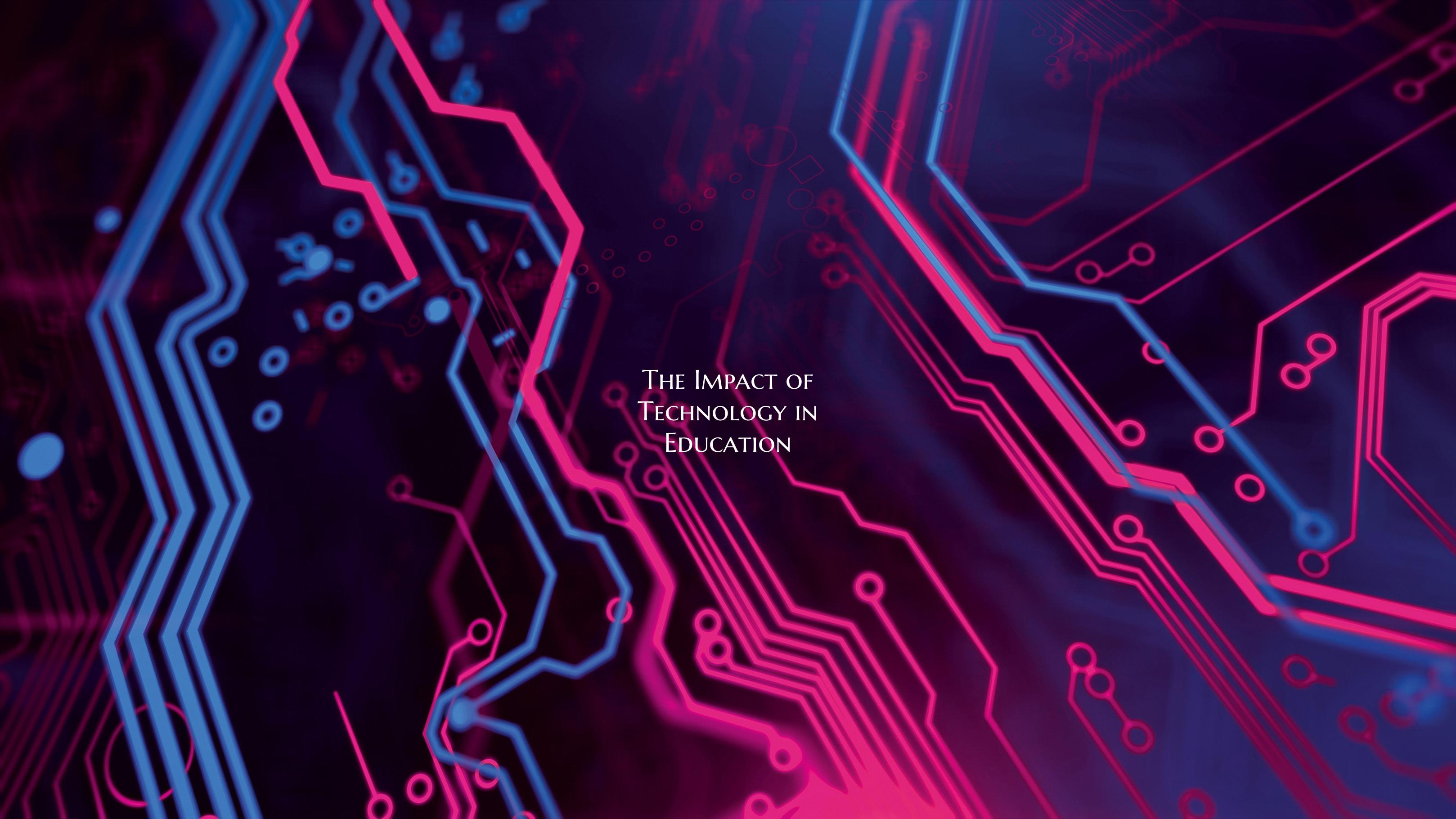The Impact of Technology in Education
In recent years, technology has become an integral part of education, transforming the way students learn and teachers instruct. With the rapid advancements in digital tools and devices, the traditional education landscape has evolved to include innovative methods that enhance the learning experience. This shift has brought numerous benefits and challenges as technology continues to shape the future of education.
One of the key impacts of technology in education is the accessibility to information. Students now have instant access to a vast array of resources, enabling them to conduct research, explore diverse perspectives, and deepen their understanding of various subjects. Moreover, technology has made learning more interactive and engaging through multimedia content, simulations, and online collaboration platforms. These tools not only cater to different learning styles but also encourage creativity and critical thinking skills.
Another significant impact of technology in education is the ability to personalize learning experiences. Adaptive learning software and data analytics allow educators to tailor instruction to meet individual student needs, providing targeted support and feedback. This personalized approach helps students progress at their own pace, fostering a deeper comprehension of the material and increasing academic success.
Furthermore, technology has revolutionized communication and collaboration in education. Virtual classrooms, video conferencing, and online discussion forums enable students to connect with peers and teachers globally, fostering a sense of community and expanding learning opportunities. Additionally, the integration of communication tools promotes active participation and facilitates feedback, creating a more inclusive and supportive learning environment.
Despite these benefits, the rapid integration of technology in education also poses challenges. Issues such as the digital divide, cybersecurity threats, and the need for professional development to effectively use technology can hinder its full potential. It is essential for educators and policymakers to address these challenges proactively to ensure equitable access to technology and maximize its impact on student learning outcomes.
In conclusion, the impact of technology in education is undeniable, reshaping the way knowledge is acquired, shared, and applied in the modern world. By harnessing the power of technology, educators can empower students with the skills and knowledge needed to thrive in an increasingly digital society. Embracing technology as a tool for innovation and transformation will continue to revolutionize the education landscape, creating new possibilities for learning and growth.

